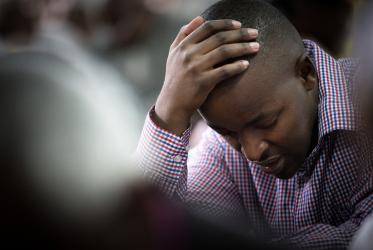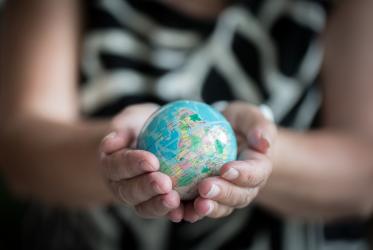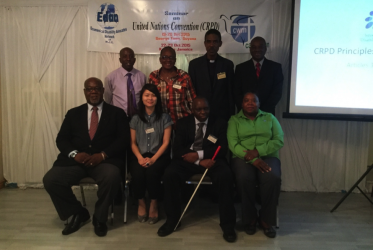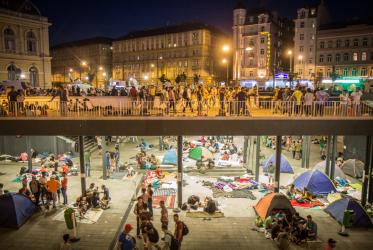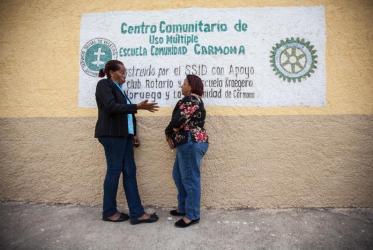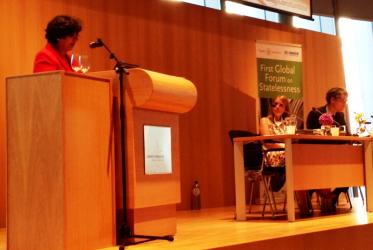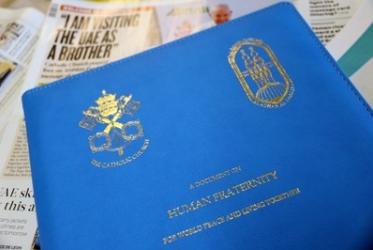Displaying 1 - 14 of 14
In the Bahamas, “some things are beyond our understanding”
21 October 2019
#WCC70: A night talk with Fidel Castro
06 September 2018
Diakonia: “a tool to reach abundance of life”
24 July 2018
"We have our work cut out for us"
10 August 2017
European churches encouraged to work together to address refugee crisis
10 September 2015
Church leaders address statelessness in Dominican Republic
03 February 2015
Church voices address statelessness at The Hague Global Forum
19 September 2014



